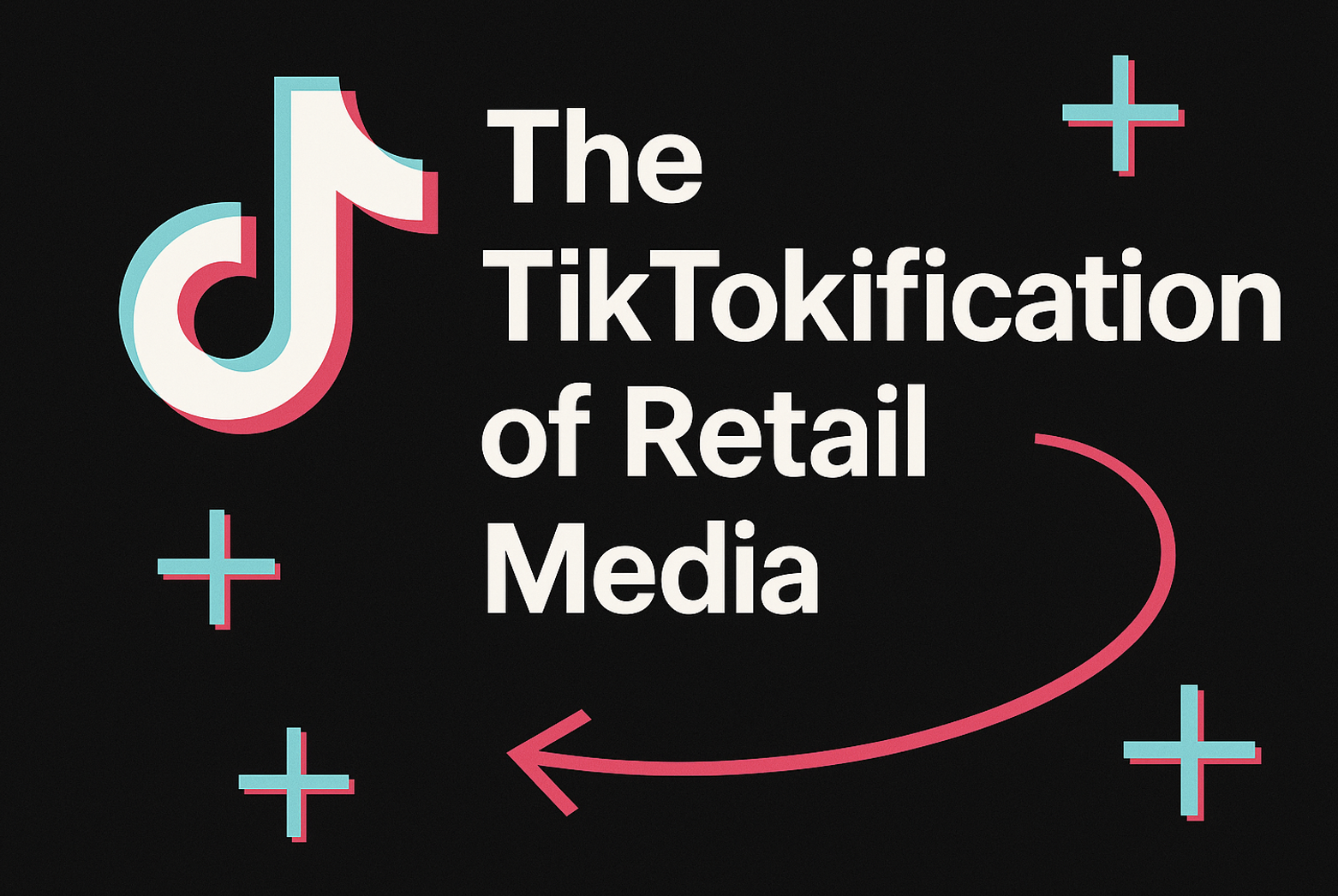With Australia’s new Goods and Service Tax imminent next month UK retailers should look for expert partner support to relieve the administrative burden and ensure compliance says Gary Tervit, international director, P2P.
UK retailers wishing to explore the lucrative Australian market will soon be obliged to negotiate new import tax laws. From 1st July 2018, Australian goods and services tax (GST) will apply to consumer sales of low value goods imported by consumers into Australia.
According to figures from the Office for National Statistics, Australia was the UK’s 16th largest export market in 2016, with £8.6bn worth of goods and services accounting for 1.6% of total UK exports. The new goods and services tax is designed to give Australia’s domestic businesses a level-playing field in recognition of the continued growth of online sales.
GST applies to any business that sells more than A$75,000 of taxable supplies (including low-value goods) a year to consumers in Australia. These rules also extend to electronic marketplace providers (or “electronic distribution platform” providers such as eBay) and goods “re-deliverers” (such as those that allow goods to be delivered to them from the seller within the sale jurisdiction before shipping them to Australia).
Such service providers are deemed to be the seller of the LVG, the sale of which is then deemed to be connected with Australia and the GST liability will move to these service providers. The threshold is independent of the delivery channel (postal or freight).
The new rules
Previously, imports of goods worth less than A$1000 were exempt from GST. Under the new legislation, clothing, books, electronic devices and sports equipment are among the goods subject to the tax, and Australian consumers will have to pay 10% GST on all online goods bought from overseas from July 1st onwards. As a barometer, Australians spent around $40 million on such items online in the last financial year.
For UK retailers, sizing up new markets is the exciting part; dealing with local-country tax and duties is less than thrilling. Certainly, for smaller businesses, time and effort spent dealing with the detail of tax is considerable. Recent reports estimate that, in the UK, managing VAT compliance equates to an average of six working days annually. The Australian GST may not be as complex in comparison but such matters demand the attention of staff whose focus could be better targeted elsewhere.
The new GST ruling places an administrative burden on overseas retailers looking to sell to Australia. These businesses will need to register for GST, they will need to charge GST on sales of low value imported goods, and they must lodge returns and remit the GST to the Australian Taxation Office (usually on a quarterly basis).
Beware of the penalties
Retailers will have to declare the 10% GST on receipt and commercial invoices to consignees. As with any tax process there is pressure to ensure compliance, with penalties for businesses that don’t comply. While the Australian Tax Office (ATO) is expected to be cooperative during the transitional period, it has affirmed it will pursue those foreign sellers that do not attempt to comply in order to collect unpaid GST plus penalties.
Forward-thinking retailers understand the complexity of the postal market and choose to partner with expert third-party delivery suppliers who are well used to navigating international duty and tax procedures. Looking at Australia specifically, the best suppliers are simplifying the process for retailers, initiating the registration process and supporting the retailer through registration completion. Once done, this provides the retailer with the necessary GST reference number. The supplier will ensure that the retailer is 100% compliant and, beyond registration, will manage all ongoing reporting.
The onus is on retailers to ensure that additional information concerning the supply of low-value goods is included within customs documentation at the time the goods are imported into Australia. Again, the supplier will manage this procedure accordingly. The supplier then invoices the retailer separately for the 10% GST sum and manages the equivalent payment to the ATO on behalf of the retailer.
Any changes to legislation can be off-putting to retailers looking to broaden their horizons. But there is no need for these ambitious businesses to go it alone. Working with the right partner can quickly and efficiently open up new markets, with the administrative burden transparently handled by third-party experts, enabling retailers to fully focus on driving sales and growth. Acting in partnership now can help retailers steal a march on those competitors still coming to terms with the nuances of the new GST system. As recent Australian online sales figures prove, the rewards are significant.
Gary Tervit, international director, P2P.
Image credit: Fotolia








